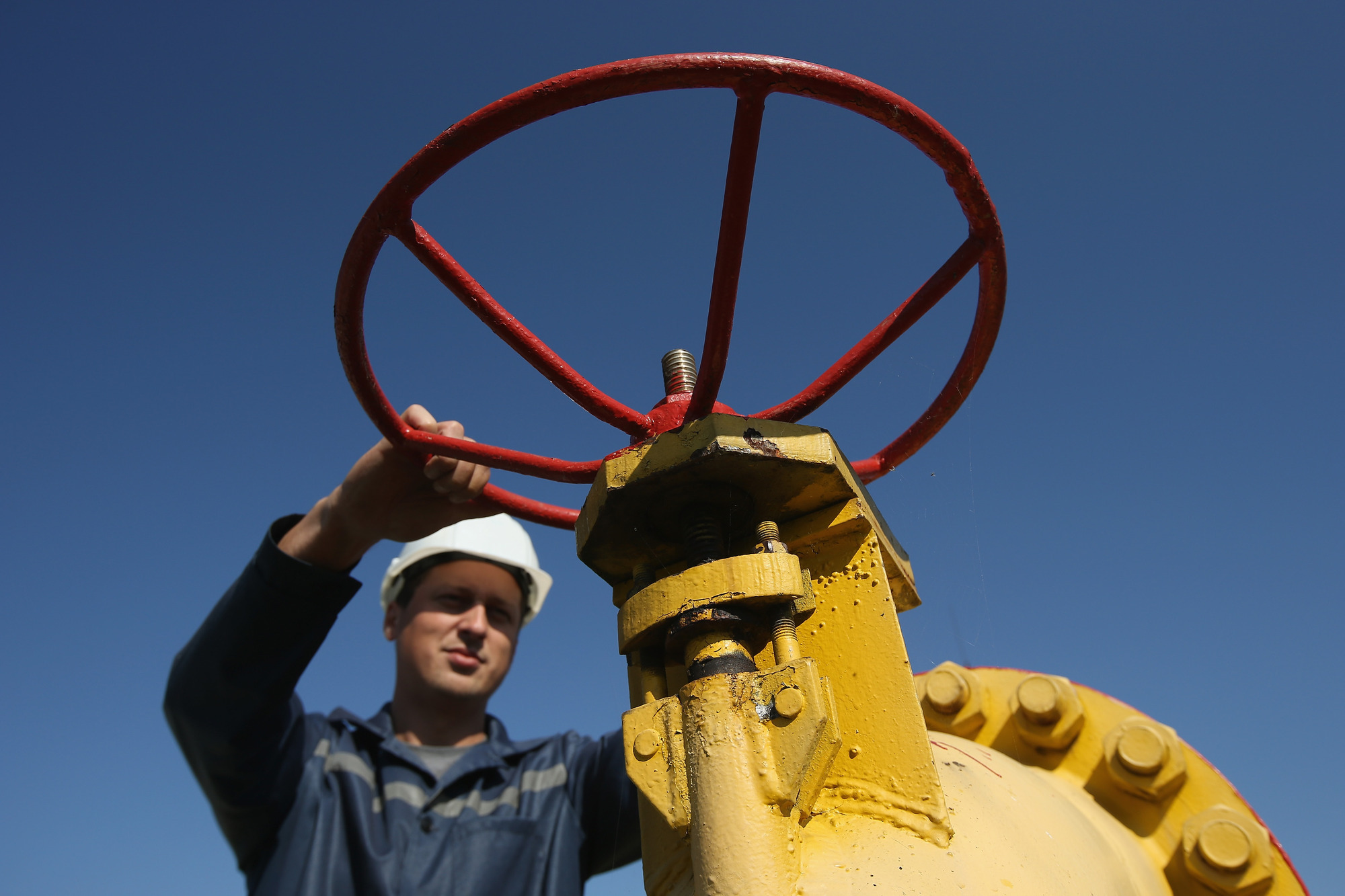Has Europe really overcome its natural gas crisis and achieved independence from Russia? At first glance, one could think so. The FT reported yesterday that the European gas market has proved “far more resilient” to challenges it has faced since the full-scale invasion of Ukraine in 2022. At a closer look, however, it becomes equally likely that this is the calm before the next storm.
First of all, the use of fossil fuels follows the business cycle: in times of economic expansion, usage goes up because factories are producing more, trucks are delivering more, and offices are more intensively used. All of this requires energy, and the consumption of fuels like natural gas rises accordingly. The exact opposite is true during a recession. A decline in production causes an almost immediate decrease in fossil fuel needs.
This is also one of the main differences between fossil and renewable sources of energy: wind and solar, for example, operate independently of the business cycle. If the wind blows and the sun shines, they produce electricity, regardless of the actual demand. This is something to keep in mind when reading headlines about the increased share of renewables in the European energy mix. This has more to do with the state of the economy than permanently reduced gas needs and independence from Russia. In Germany, for example, output in energy intensive industries has fallen almost 20% compared to the 2021 average.

